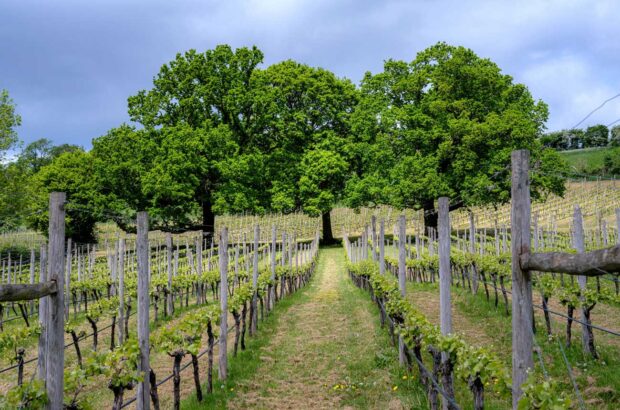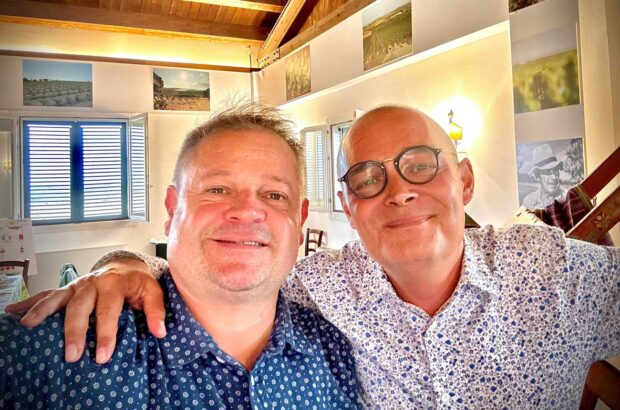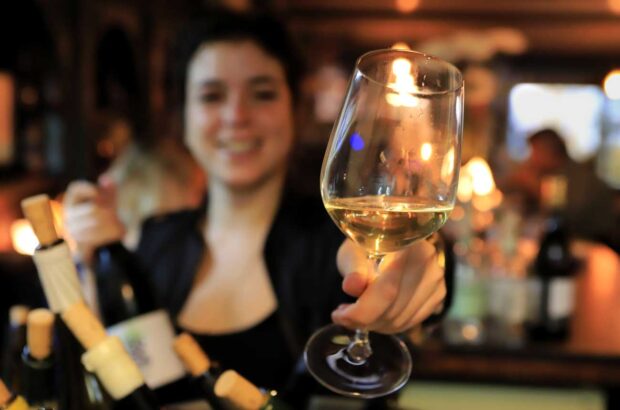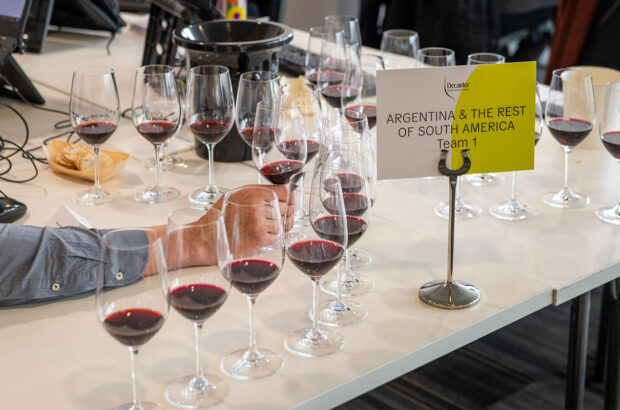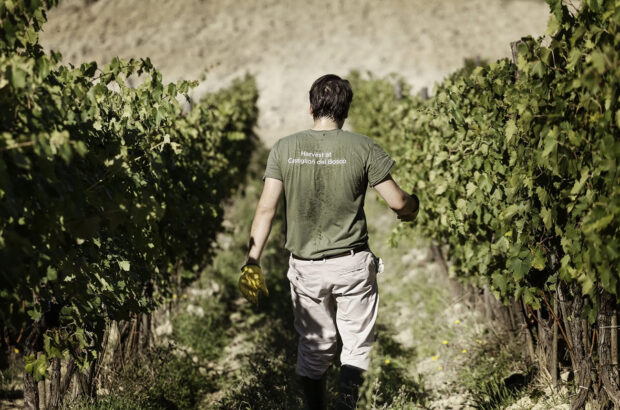France's Cognac winemakers may be forced to repay hundreds of thousands of euros in government aid after a European Court of Justice decision.
The Brussels-based court upheld a European Commission ruling that funding from the French government to aid diversification of Cognac vineyards in the Charentes region during the 1999/2000 vintages had violated state aid rules and was illegal. The Court’s decision strengthens the EC demands for the scheme to be stopped and funding returned.
The court decided giving the aid to the region was not fair. It was ‘incompatible with the provisions governing the common organisation of a market’ in the words of an official statement.
This could mean producers will have to repay the funds loaned under the government scheme set up to encourage Cognac growers to switch to vin de pays production.
Since the 1980s, Cognac’s share of the worldwide spirits market has been dwindling, overshadowed by whisky in particular. In 1989, 180m bottles of Cognac were sold internationally. That figure fell 141m by 1997. Major losses were sustained in the all-important Asian market, where Cognac was once the automatic choice for special occasions. More recently, the once-steady US market has shown signs of faltering.
In 1999/2000 the French government devised a restructuring program to encourage growers to produce vin de pays wines, within a 1000ha area of the Charentes region. It informed the EC that it was encouraging Cognac producers to switch to local wine production by offering incentives for pulling up Ugni Blanc – which is allowed to be grown only for Cognac – and planting alternative varieties.
The program was just one of several responses to the crisis. The Bureau National Interprofessionnel du Cognac (BNIC) tripled the advertising and promotion budget for 1999 and also petitioned for adjustments in taxes and custom duties.
According to Danielle Bellivier, who heads a team of local and regional Government employees charged with overseeing the diversification program, the French government donated the equivalent of €650,000 (US$669,825). This cash injection helped boost the area of vineyard for the production of vin de pays twofold, to 1600 hectares.
BNIC chairman Bernard Guionnet could not comment on the Court’s ruling.
Written by Liz Hughes23 December 2002


